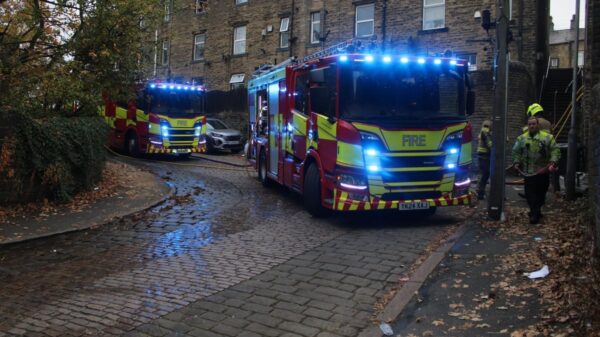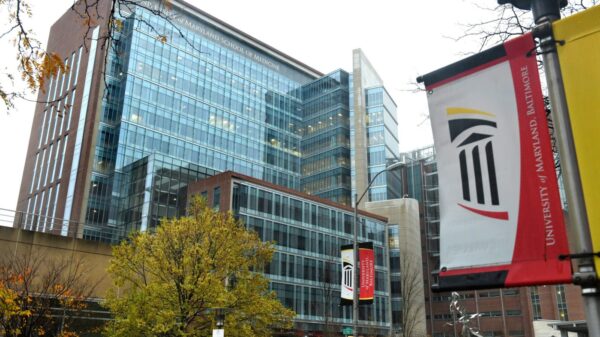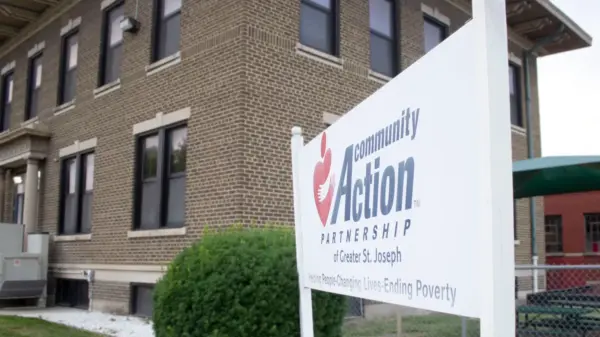The number of homelessness referrals in East Lindsey has risen significantly, with over 400 cases reported in the last year. According to the East Lindsey District Council, there were 468 referrals concerning 208 individuals between April 2024 and March 2025. This marks an increase from 440 referrals for 362 people in the previous year.
During a council meeting on October 14, 2024, members of the overview committee were informed about the troubling trend. Carol Rippin, team leader for the rough sleeping intervention team at the South and East Lincolnshire Councils Partnership, emphasized the challenges faced by the team. She noted, “We have an increasing number of referrals and we also have challenges including the mobility of rough sleepers, vague information, safety risks, and non-engagement.”
The responsibility of locating rough sleepers falls on the council, which conducts outreach efforts twice a week. Rippin highlighted the impact of rising housing costs, particularly on younger individuals. She stated, “The cost of living and universal credit limitations make housing unaffordable, especially for under-25-year-olds.”
Selective attitudes among landlords further exacerbate the situation. “Landlords are becoming more selective, often preferring tenants who are employed and avoiding those on benefits, particularly if they have complex needs,” she added. This has led to many individuals feeling disconnected from the support systems available to them.
To combat these issues, the district council’s rough sleeping team collaborates with various partners to reduce homelessness in East Lindsey. Rippin explained their proactive approach: “We’re looking at preventing rough sleeping wherever possible, and wherever it does occur, we aim for it to be rare, brief, and non-recurrent.”
The team focuses on critical areas such as addiction, mental health, and re-offending, working to build trust and encourage engagement with those in need. “We have strong partnerships with councils in other areas, health services, and community organizations,” Rippin noted.
Despite these efforts, some individuals experiencing homelessness have expressed a desire not to receive assistance, complicating the council’s outreach efforts. Nevertheless, the district council reported that 113 people were successfully supported in finding accommodation between March 2024 and April 2025. Most of these individuals secured housing in privately rented accommodations, social housing, or supported housing.
As East Lindsey grapples with the growing number of homelessness referrals, the council remains dedicated to addressing the underlying issues and supporting vulnerable populations in the region. Rippin concluded, “We need to find them and discover and recover their abilities and life skills.”





































































